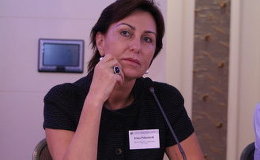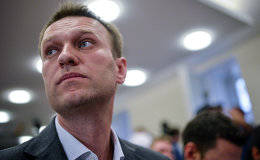
We use cookies to ensure you get the best experience on the website. The purposes of using cookies are defined in the Privacy Policy of RAPSI
If you agree to continue using cookies, please click the "Confirm" button. If you do not agree, you can change your browser settings.








